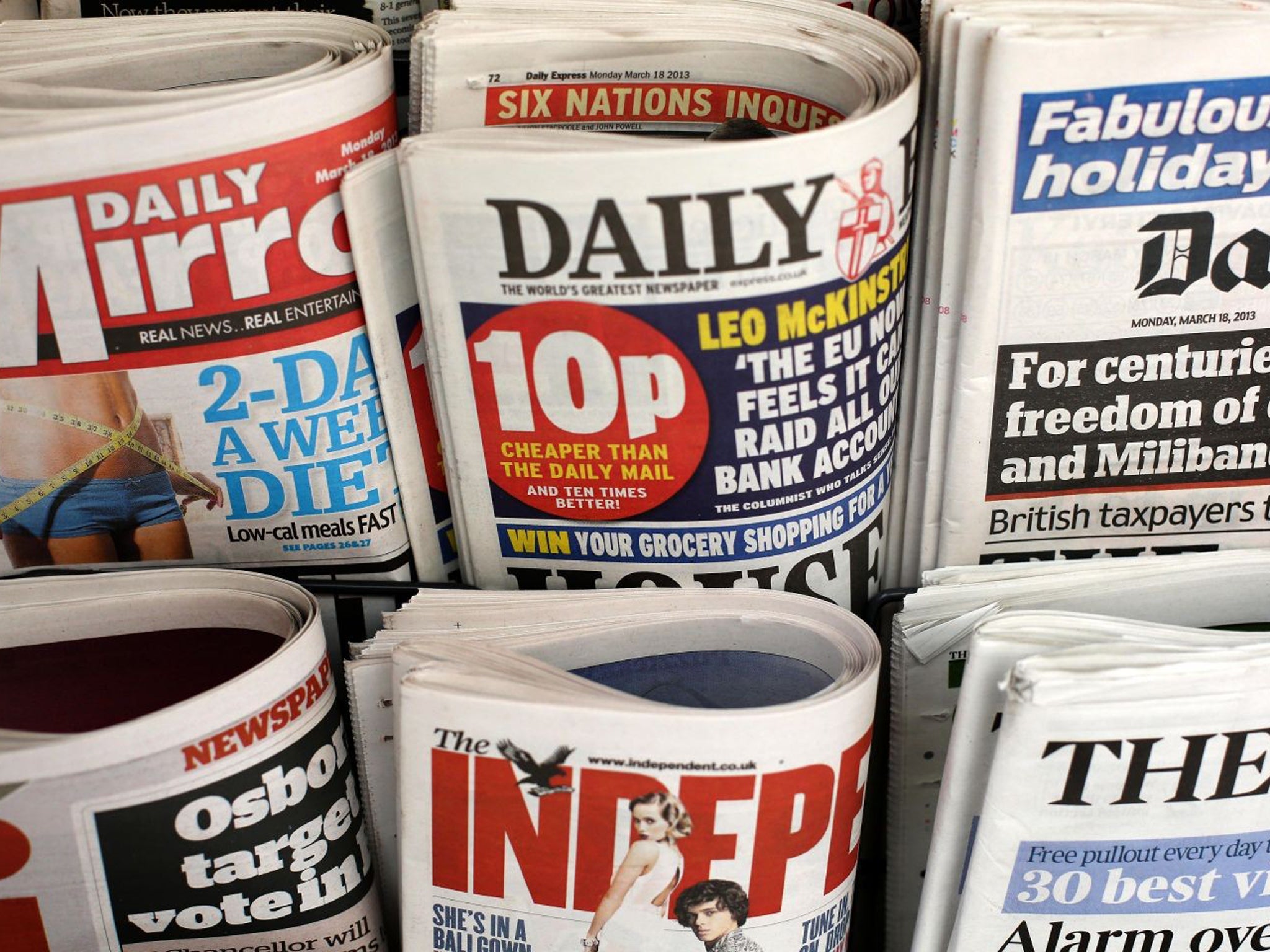Leveson: Who knows what might pop up next
Is it lawful for a regulator to force an apology that a newspaper doesn't believe? The regulation will be tested in practice - and fractures may appear


A Question of Sport recently celebrated its 1,000th episode. Although it is some years since I watched it, having grown up as a sports-obsessed child in the 1980s it holds a rather dear place in my heart - especially the Beaumont/Hughes and Beaumont/Botham vintages. The weekly highlight, of course, was the 'What happened next?' round: when a three-foot putt would be disturbed by the sudden appearance of a snake from the hole; or when a leading hurdler would clear the last barrier only to trip over his own shadow in the last five yards.
I was reminded of the 'What happened next?' round yesterday as the '11th hour' deal for a new system of press regulation was announced amidst great parliamentary jubilation, with MPs from all sides of the House congratulating themselves on securing press freedom/ensuring a tough and independent system of regulation (order as appropriate). While there was a 'dab' of discussion about the need for the press to fall into line and tidy up some loose ends, the general feeling appeared to be that the new system had now been agreed.
Yet shadows - if not snakes - have already appeared on the horizon. Immediately that the deal was announced, with Hacked Off wearily finishing the crumbs from their well-deserved, post-negotiation brunch, Index on Censorship made clear it had serious reservations about the underlying (or underpinning, depending on your viewpoint) statute. The Organisation for Security and Cooperation in Europe - concerned perhaps at a knock-on effect in other countries - swiftly followed suit noting that: "a Government-established regulatory body, regardless of how independent it is intended to be, could pose a threat to media freedom".
Newspaper representatives also began to express disquiet, concerned that the rubicon might, after all, have been crossed. And ultimately, of course, it has been - though not in the way Leveson would probably have liked.
For many people who work for newspapers and magazines, the principle of a free press is - purely and simply - incompatible with what parliament has now laid down. Those who for pragmatic reasons think it is a course worth following tend still to feel a little uneasy about it.
Yet even putting top-level principles to one side there remain numerous practical matters waiting eagerly to be examined, exposed and exploited. Is it lawful, for instance, that a regulator should be able to force an apology that a newspaper doesn't believe? Is it lawful that damages should be calculated on the basis not of behaviour but in relation to whether a publisher is signed up to the regulator? Will the new arbitration scheme be affordable to regional (perhaps even some national) papers and magazines? Should the system cover anyone publishing 'news' (bloggers? MPs' websites?)? And none of this even touches on questions about how the new regulator will function day-to-day.
Just as there has been much esoteric debate about points that test the patience even of regulation-nerds, so has there been a high degree of chatter about the amorphous need to set up a system that ensures victims need 'never again' suffer at the hands of the press.
But fundamentally, what most ordinary people probably want above all is a simple, effective mechanism through which they can raise complaints and obtain reasonable redress. Some standards-setting and investigations? Great. A few real teeth? Lovely. Ideally, with the political manoeuvring out of the way, the development of just such a system ought to be the next step, with a new regulator ready to open its doors in the summer.
As to what really will happen next, much can be achieved if the newspaper and magazine industry is positive and united. If fractures open up, Bill Beaumont's prediction for the future will be as good as anyone's.
Join our commenting forum
Join thought-provoking conversations, follow other Independent readers and see their replies
Comments
Bookmark popover
Removed from bookmarks